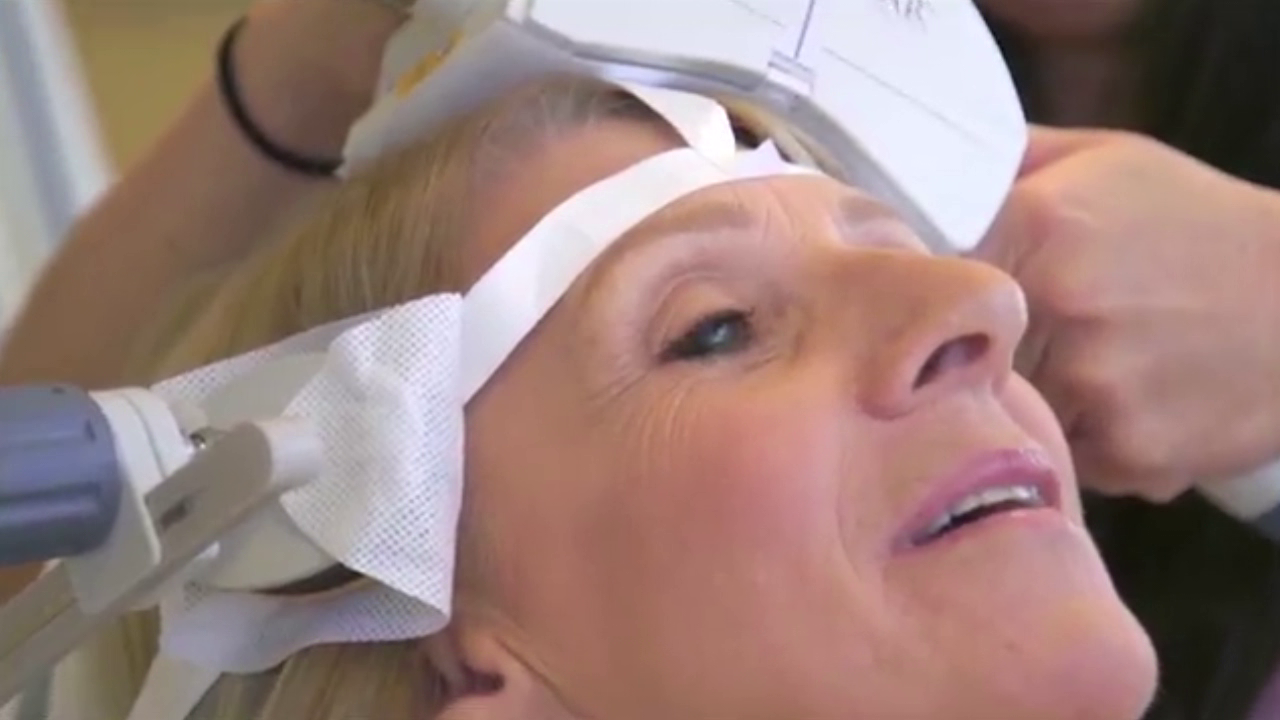
Transcranial Magnetic Stimulation (TMS) has emerged as a promising treatment for depression, especially for individuals who have not responded well to traditional therapies. TMS is a non-invasive procedure that uses magnetic fields to stimulate nerve cells in the brain. It’s been a beacon of hope for those suffering from major depressive disorder, but what do we know about its long-term outcomes? In this blog post, we’ll delve into recent studies that have explored the enduring effects of TMS on depression.
The Long-Term Impact
Several studies have sought to understand how TMS can benefit patients in the long run. Here are some key findings:
- Sustained Improvement in Symptoms: A pivotal 2014 study published in the Journal of Clinical Psychiatry tracked 257 patients who had received TMS. The research indicated that one year post-treatment, nearly 30% of the patients had sustained remission rates, suggesting that TMS has the potential to offer long-lasting relief from depression.
- Follow-Up Studies: Further research, including a systematic review from 2020, supports the initial findings, showing that the positive effects of TMS can last for at least one year post-treatment for many patients. Some studies even reported a significant number of patients experiencing remission for up to three years.
- Enhancing Longevity with Maintenance Sessions: To maintain the benefits of TMS, some practitioners recommend periodic maintenance sessions. These sessions may help sustain the improvements in depressive symptoms over a longer period. A 2016 study in the American Journal of Psychiatry noted that maintenance TMS sessions helped prevent relapse in patients who had initially responded to the treatment.
Factors Influencing Long-Term Outcomes
The long-term effectiveness of TMS can vary based on several factors, including:
- Severity and Duration of Depression: Patients with less severe forms of depression or shorter durations of depressive episodes tend to report better long-term outcomes following TMS.
- Individual Biological Differences: Genetic factors, brain structure, and the presence of coexisting mental health conditions can all influence how well a patient responds to TMS in the long term.
- Lifestyle and Additional Treatments: Incorporating other treatments, such as psychotherapy and medication, along with TMS can enhance its effectiveness. Similarly, lifestyle changes, such as improved diet, regular exercise, and stress management techniques, also play a crucial role in the sustained benefits of TMS.
The Road Ahead
While the data is promising, more research is needed to fully understand the long-term benefits and potential risks associated with TMS. Researchers are also exploring how TMS can be optimized with other treatments to enhance its effectiveness and accessibility.

